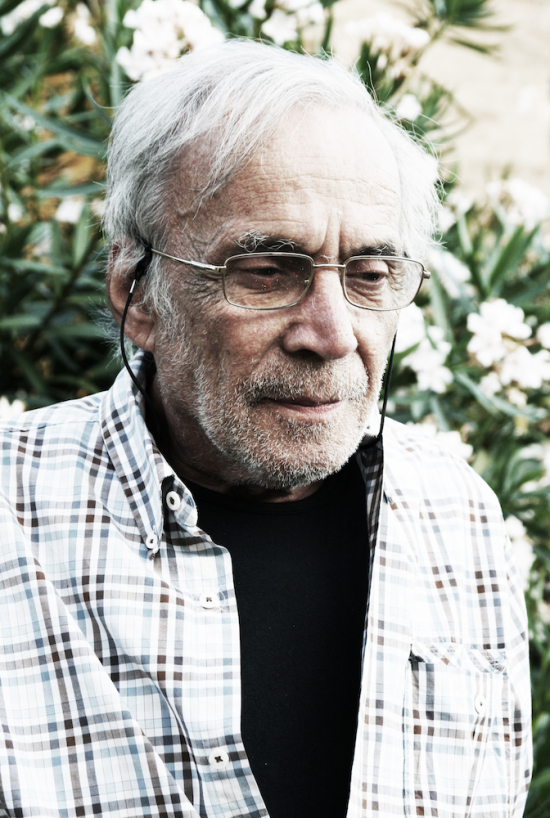ON ALCHEMY
by Lina Vergara Huilcamán, prof. Carlo Pellacani
“I have always thought that chemistry is simply the mature expression of alchemy. The truth is that there was no theory before, there wasn’t any notion of matter’s structure, there were no instruments to study it, and this made the transmutation of lead into gold possible. As atoms couldn’t be looked at, they couldn’t be seen, there was no theory of matter’s structure until the eighteenth century, therefore you could assume that everything was possible. The concept of matter, of substance, was born only when technical instruments such as microscopes appeared, at the time of Galileo. However, as a physicist, I think alchemy was a scientifically possible activity: Newton was a well-known alchemist. Some colleagues would consider alchemists as sorcerers, as swindlers; but I can tell you that for example during the Renaissance nobody knew the difference between gold and lead. There was for sure somebody who achieved some results, although not those they had foretold, but chemistry wouldn’t exist if there hadn’t been alchemists. For example, one thing that astonishes me is the fact that the universe is expanding. Where does it expand? It’s an absurdity! But somebody made measurements and saw that it is expanding. This is as much of a mystery as alchemy and the transmutation of lead into gold, although the latter proved to be impossible. There are actually passages from which anything could be deduced, this is the truth, but I think we shouldn’t be careful, we shouldn’t set boundaries. In my opinion, since the universe is expanding, there are so many problems in understanding nature that we’d better take it lightly. In the fifteenth and sixteenth century people used to write what was on their mind, and it was difficult to distinguish between magic and science; just think of electricity! The books of magic were vaguely statable, and not controvertible. They could call you an eccentric, but what you said was possible, it was not unlikely, there weren’t elements that could be contested, now everybody would tell you that you are wrong and overwhelm you with explanations.
I have the impression that people were once firmer believers, then the Greeks ruined everything, because, together with the Phoenicians—business people who were necessarily pragmatic (the Greek alphabet is of Phoenician origin)—started to develop deductive logical thinking: they had to look for the first reasons to explain things. According to science, if you repeat the same experiment 150 times and the outcome is always the same, then it is OK. In a universe where if you didn’t mention God you were put on the brazier, people were very careful and even the Pascal’s Wager* about God seemed plausible, a logical question that nevertheless worked. It reads: if there is no God all is fine, but if there is a God and you do not believe in him, you are going to lose everything, therefore you’d better believe in God. Our concept of probability was born with the insurance companies that taught us to calculate risks, but the word probability was once used to say that there was a theory that somebody had asserted, you could say that something was false but probable. In the absence of technology, you were allowed to classify things somehow, there wasn’t any objective way. Now people would ask you whether you are crazy. In my opinion not all the alchemists were swindlers, there were also good people who tried to understand how to treat matter. Now that we know a lot of things and can prove them, everything is wrong all the time, translations from ancient texts may be wrong as well and there are different explanations for anything. Just think that once there was Newton, then Einstein came and swept everything away, and then... Science, after all, is a recent and maybe largely wrong phenomenon. I once said at CERN: I hope that looking inside again and again, you will discover that the Universe is a circle, so everything would make sense.”
Modena, June 22, 2016
Professor Carlo Pellacani is a theoretical physicist who has worked in various places all over the world, he was a researcher at CERN in Geneva and Professor of Nuclear and Particle Physics at the Physics Department of the University of Bologna.
* https://en.wikipedia.org/wiki/Pascal%27s_Wager
